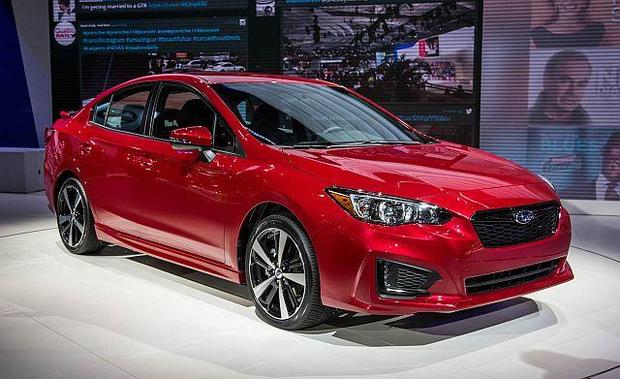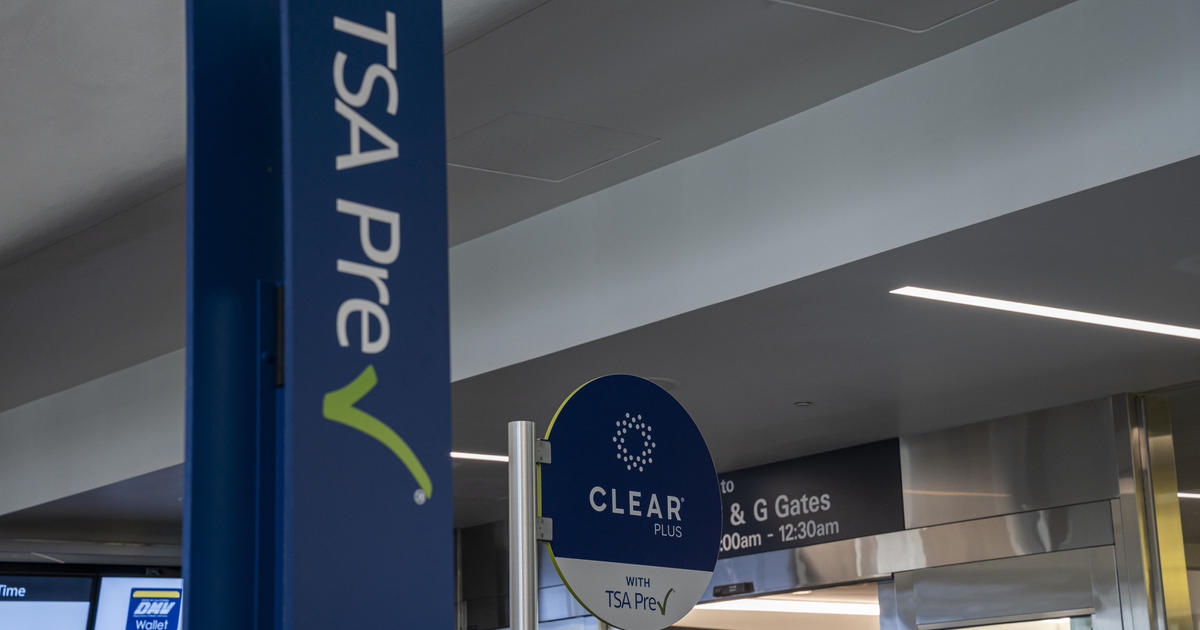Should the poor pay more for auto insurance?
Car insurers say everyone will pay if a New York regulation, aimed at preventing insurers from using a widespread rating practice, makes them change their business model.
New York Governor Andrew Cuomo has fired a big gun at the auto insurance industry, charging that its practice of rating drivers on the basis of education and job status is discriminatory. That's likely to echo throughout the country as consumer advocates clash with insurers that say they need tools like this to give everyone lower rates.
Cuomo, a liberal Democrat, has proposed a new regulation -- to take effect within two months -- that would virtually stop insurance companies from using these yardsticks to determine premiums. "This new protection cracks down on this unfair practice that soaks drivers for not having a college degree or a high-paying job," said Cuomo in a statement.
Insurers said they'll challenge the proposed regulation, but their options could be limited. "The New York Insurance Association will be commenting on this regulation and encouraging regulators to consider the impact [this] … will have on a market that is currently competitive," said association Vice President Cassandra Anderson.
This ruling could raise -- or lower -- car insurance premiums for about 12 million New York drivers. But it could also have a far-reaching impact nationally. The largest car insurance market, California, had already limited most metrics that insurers used in deciding who pays how much and forced them to focus primarily on an applicant's past driving record.
With New York, which has 150 licensed insurance companies, moving in the same direction, a snowball effect could result. At least 12 other states have already introduced legislation to keep insurers from peeking at drivers' educational records and other criteria.
"This is just the tip of the iceberg in removing socio-economic factors that harm the market," said Robert Hunter, the director of insurance for the Consumer Federation of America. "Credit score, home ownership or any gap in coverage when the person has no car -- all have to go too."
But for a lot of Americans, this could have "the opposite effect and result in many consumers paying more for insurance," said Vice President Kristina Baldwin of the Property Casualty Insurers Association of America.
"Insurers use factors such as education and occupation because they are actuarially proven to be highly predictive of the likelihood of an insurance loss," said Baldwin. "For example, some insurers have found that teachers, paramedics and librarians represent lower risks and could be in jeopardy of paying more for insurance."
Insurers point to numerous studies -- by insurance regulators -- in Florida and Maryland, as well as other states that show nondriving factors such as education, job status and particularly credit rating, are key to how a motorist will perform on the road.
New Jersey, for example, once had one of the highest premium rates in the nation. Then the second-largest U.S. car insurer, GEICO, began selling insurance in the state in 2004 and brought rates down by rating drivers on these factors and others. Consumer groups cried foul, but New Jersey regulators looked at the bottom line and allowed it to continue.
Auto insurance critics say the only fair ranking criteria is driving accidents, DWIs and speeding tickets accumulated by a driver. But insurers argue that while these are important, carriers are insuring against future bad driving, so unemployment or failing in college has to be considered because they make an applicant more risk-prone.
In this view, your bad luck could also be bad luck for anyone investing in you, which is what these companies do when they insure against your having an accident.
But there's little doubt that these factors discriminate against the poor and often against minorities. An analysis by ProPublica and Consumer Reports found that drivers living in predominately minority urban neighborhoods pay 30 percent higher auto insurance rates than similar drivers in other neighborhoods.
Vice President Loretta Worters, a spokesperson for the Insurance Information Institute (III), which represents the industry, said that's too simplistic. "No single factor determines eligibility for coverage or the premium," she said. "Insurers simultaneously employ up to 20 or more risk factors."
Some forms of discrimination are completely legal in computing car insurance premiums, even though they would be banned elsewhere in public life. These include age discrimination, particularly against drivers under 25, who have statistically been responsible for more accidents than any other group. Gender discrimination against males is also legal -- for the same reason. And marital status, or the lack of it, is another factor insurers consider.
However, the largest U.S. auto and home insurer, State Farm, said it doesn't use education and job status as a factor in taking on or charging drivers. "We use the make and model of the vehicle, who drives the vehicle, how it is driven, and the amount and types of coverage selected," said spokesperson Rachael Risinger. State Farm is a mutual insurer, so it represents the people it has insured, and unlike public companies it isn't required to report to shareholders.
"If a company is charging unfair rates due to education and occupation, drivers will find another company," said the III's Worters. "There's no reason why a person can't shop around and find one that doesn't use them. Consumers have choices."
Cuomo's proposal puts car insurers in a vice. It doesn't say they can't use factors like job and education, but they will have to justify their use to the state's superintendent of financial services. And his yardstick for what's required is so strict that in the process, insurers will be giving away to competitors the "secret formula" for how they determine what they charge drivers. Those rivals likely will use it against them in other states where it's still allowed.
So what are insurers likely to do? This is a highly competitive business in terms of profitability. Car insurers could decide to leave a state rather than follow new guidelines, although it's doubtful they would actually abandon a major market like New York. Or they could simply raise rates across the board, provided that other insurers did the same.




